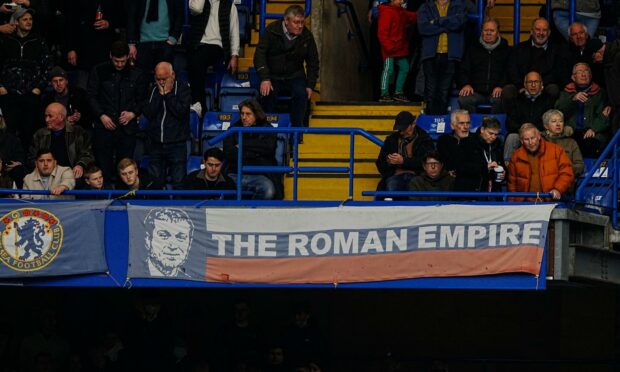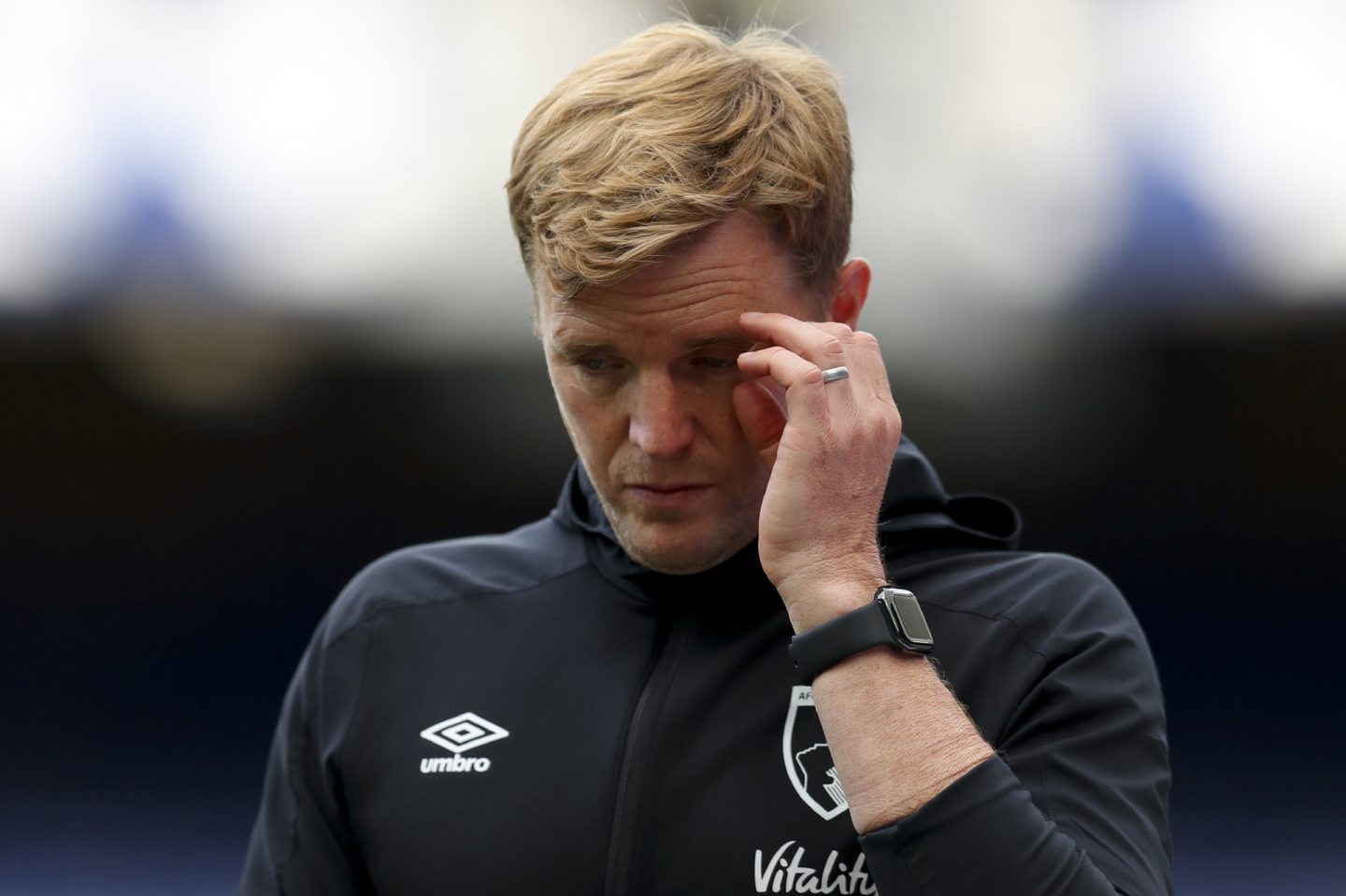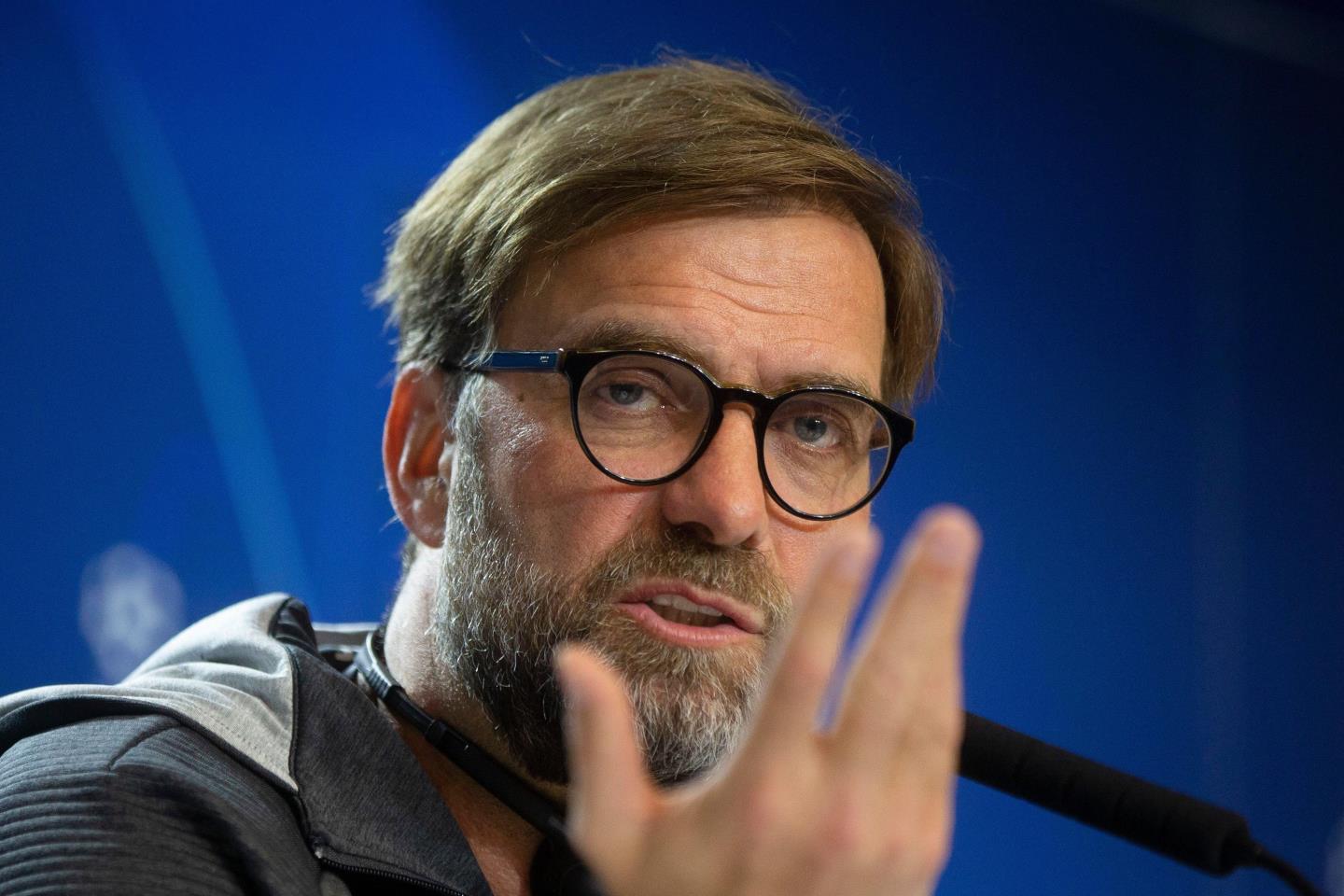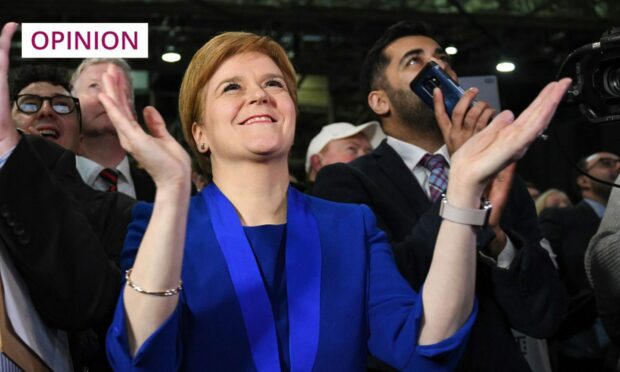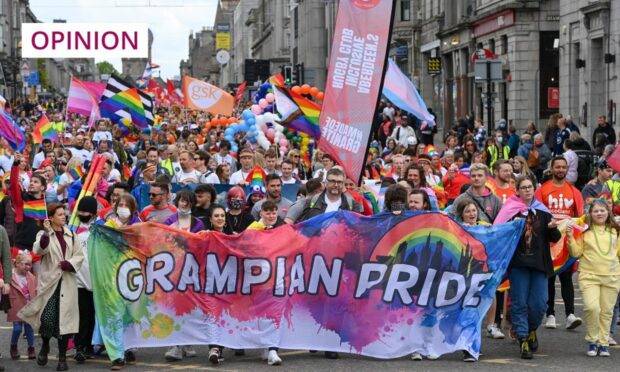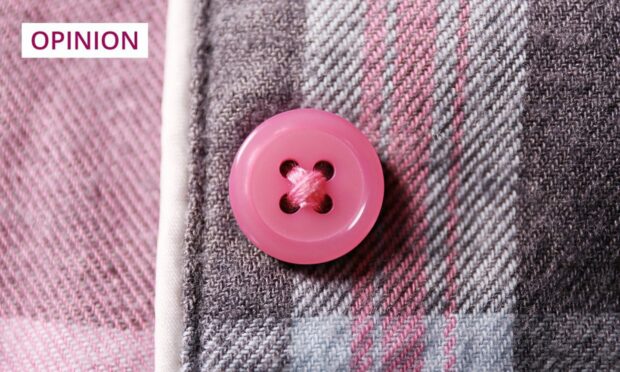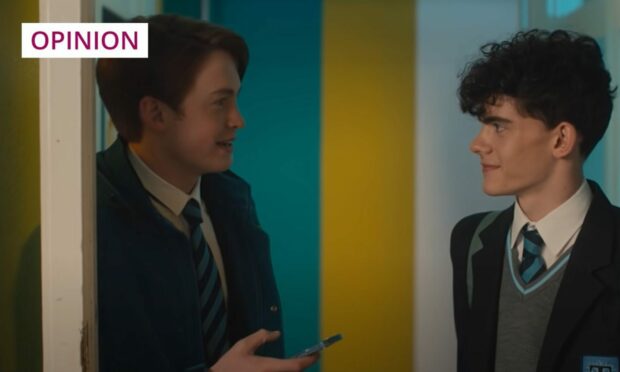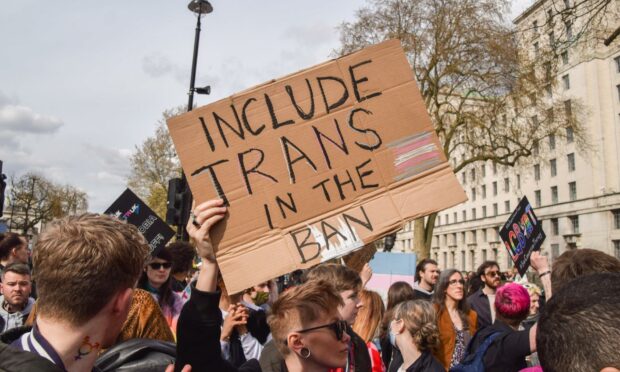The freezing of Roman Abramovich’s assets has brought to a head questions that have been bubbling away in British football for some time.
However, as Jürgen Klopp rightly asked last week: “Did anyone really care when Roman Abramovich came to Chelsea?”
The Russian oligarch’s ownership of the club has always depended on the positive intent of the government, regulatory authorities, and other stakeholders.
We have had to believe, without evidence, that Abramovich and Vladimir Putin have no ongoing relationship. It has taken an open declaration of war, and all the horror that entails, to force attitudes to shift.
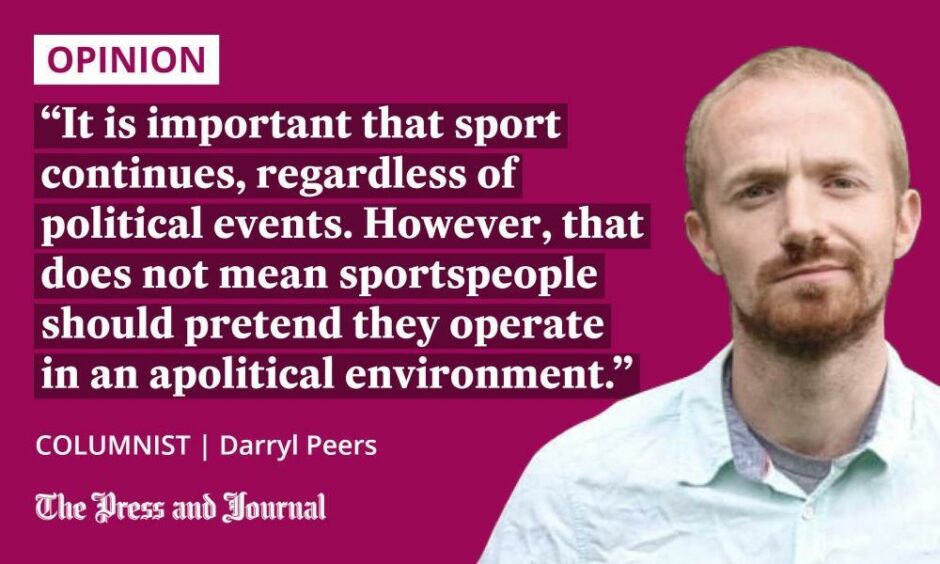
Even now, some Chelsea fans have been proudly displaying a “Roman empire” banner with the Russian flag on it, and chanting Abramovich’s name during the team’s latest fixture.
Newcastle United fans are hardly better, responding with chants that mock Chelsea for losing their money. They sang “the Mags are rich” and flew Saudi Arabian flags, the day after the country had executed 81 men. As if money from a country with an appalling human rights record is something to be proud of.
I hope it will not take more atrocities of the kind taking place in Ukraine for Newcastle fans to re-evaluate their opinions.
‘It’s only right that I stick to football’
Taking questions after Chelsea versus Newcastle on March 13, Newcastle manager Eddie Howe was clearly uncomfortable. Asked for an opinion on the actions of his superiors, he responded: “It’s only right that I stick to football.”
The brusque masculinity he adopted to avoid the question is a sign that he knows he has something to be defensive about.
It is understandable. He is employed in a sporting position to make sporting decisions. It is a commonplace feature of capitalist life that, while carrying out the roles we are paid for, we temper our personal views to align with the interests of our employers.
However, it’s the commonplace features of capitalist life that have allowed 21st century Britain to sleepwalk into a position where Russian money is awash in its capital. It’s the unquestioned conventions of our economic and political systems that create a situation where, in order to decrease our country’s dependency on Russian oil, our prime minister is visiting Saudi Arabia to try and secure more of theirs.
If we keep on accepting that the status quo is good enough, we allow the conditions that enable powerful, rich individuals to make choices which result in loss of life, mass displacement, wealth disparities, and climate crisis.
Football managers can build a platform for an important conversation
Football managers do not need to become political commentators. It is important that sport continues, regardless of political events. However, that does not mean sportspeople should pretend they operate in an apolitical environment.
Managers could, for example, publicly recognise that the money they’re spending is not disconnected from global politics and the injustices which generate those profits.
Supporters showed the power they have when they toppled the infamous proposed European Super League last year. Chelsea and Newcastle fans can wield some of this influence again.
Jürgen Klopp shows us a good place to start. He acknowledges that, with Abramovich, “it was pretty obvious where the money was coming from”, and that we were not questioning enough, as a society, when we accepted it.
This awareness builds a platform for a conversation about how investment in football can be done differently.
His response differs to Eddie Howe’s refusal to answer questions about his club’s ownership. His actions amount to a denial that there is an issue at hand.
Perhaps, as the press conferences continue, he will find a way of expressing his opinions, but the stance that it is no concern of his is disingenuous. He, like the rest of us, can see the atrocities being committed. He is in a position to be a role model and does not have to shrug his shoulders.
The chants must change
Closer to home, a similar dynamic was at play recently when Raith Rovers signed David Goodwillie, or when Clyde re-signed him on loan. Supporters, players, and investors voiced their fury and the embarrassed decision-makers changed their minds.
Football does not exist in a vacuum. As the Raith situation shows, signing a player is an implicit endorsement of that player’s actions to date. A government’s decision to allow an individual to purchase a football club is an endorsement of that individual.
Losses, incomparable to anything that can happen in a football match, are taking place elsewhere, out of sight, or in private; they are easy for a manager or a supporter to forget about
Clubs, in fierce competition, want whatever edge they can buy to beat their opponents. But, what good is a win if it’s paid for by people with disregard for human life?
Losses, incomparable to anything that can happen in a football match, are taking place elsewhere, out of sight, or in private; they are easy for a manager or a supporter to forget about. But they are real. The Ukraine crisis is forcing more people to acknowledge that.
Football managers and supporters cannot let the game blind them. The chants must change. The questions must be answered properly.
Darryl Peers is a writer from the north-east of Scotland
